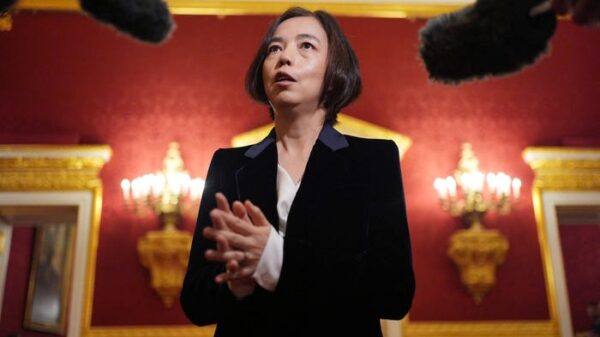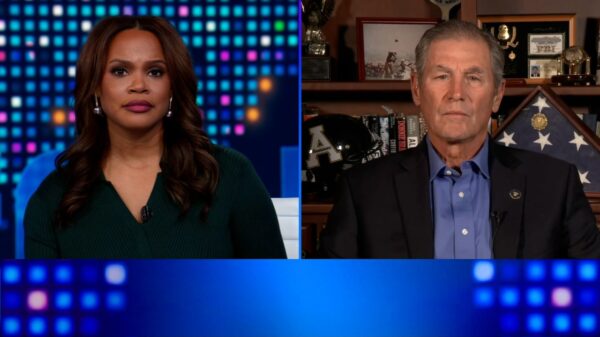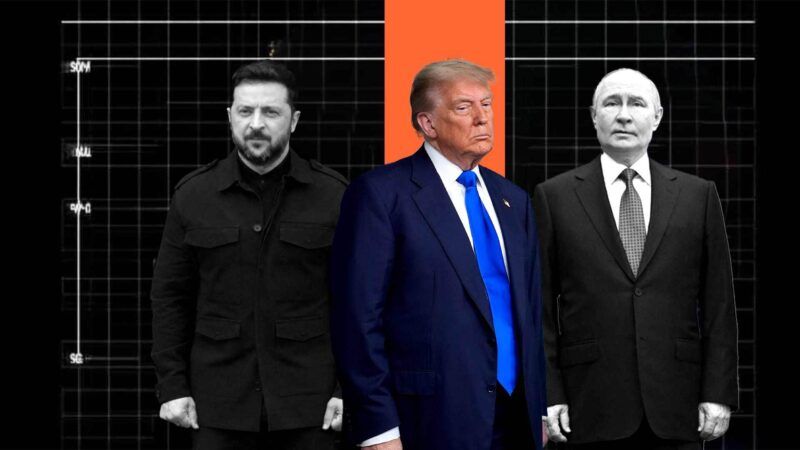URGENT UPDATE: Former President Donald Trump has sparked outrage by labeling Ukrainian President Volodymyr Zelenskyy a “dictator” during a speech at the Future Investment Initiative Institute in Miami Beach on February 19. This controversial statement comes amid Trump’s criticism of U.S. involvement in the Russia-Ukraine war, where he claims the $350 billion spent could have been avoided.
Trump’s remarks hit a nerve, as they coincide with a pivotal moment for U.S. foreign policy. His assertion that Zelenskyy is “without elections” has drawn global attention and raised questions about his understanding of authoritarianism. While Trump criticized Zelenskyy, he refrained from labeling Russian President Vladimir Putin similarly, stating, “I think that President Putin and President Zelenskyy are going to have to get together.”
In his speech, Trump attacked Zelenskyy for allegedly failing to hold elections and allowing Ukraine to become a “demolition site.” He warned that Zelenskyy needed to act quickly or risk losing his country. “He’s done a terrible job. His country is shattered,” Trump declared, suggesting a lack of urgency in Ukraine’s leadership.
The remarks have ignited debates about the U.S. stance on dictatorial regimes. Critics argue that while Trump’s comments on Zelenskyy are incendiary, they highlight an inconsistency in how the former president addresses authoritarian governments. Despite his criticisms, Trump maintains a cordial relationship with Saudi Arabia, which he praised during the same event.
“Think of it,” Trump mused. “A modestly successful comedian…talked the United States into spending $350 billion to go into a war that basically couldn’t be won.”
Analysts note that Trump’s comments reflect a broader shift in U.S. diplomacy, prioritizing national interests over human rights concerns. The former president’s reluctance to condemn Putin starkly contrasts with his harsh words for Zelenskyy, who is viewed as a critical ally in the fight against Russian aggression.
As the situation unfolds, the implications of Trump’s statements are significant. Both international observers and American voters are closely watching how this rhetoric will affect U.S.-Ukraine relations and the ongoing conflict with Russia. The stark divide in how Trump perceives these leaders raises questions about the future of American foreign policy.
Political analysts are urging the public to consider the ramifications of such public statements. With Trump positioning himself for a potential return to the White House, his approach to foreign diplomacy could reshape U.S. relations on the global stage.
What happens next? The world will be keenly observing the response from both Ukraine and Russia, as well as the reactions from U.S. lawmakers. Trump’s controversial remarks have set the stage for a renewed discussion on the definitions of democracy and dictatorship in today’s geopolitical landscape.





































































